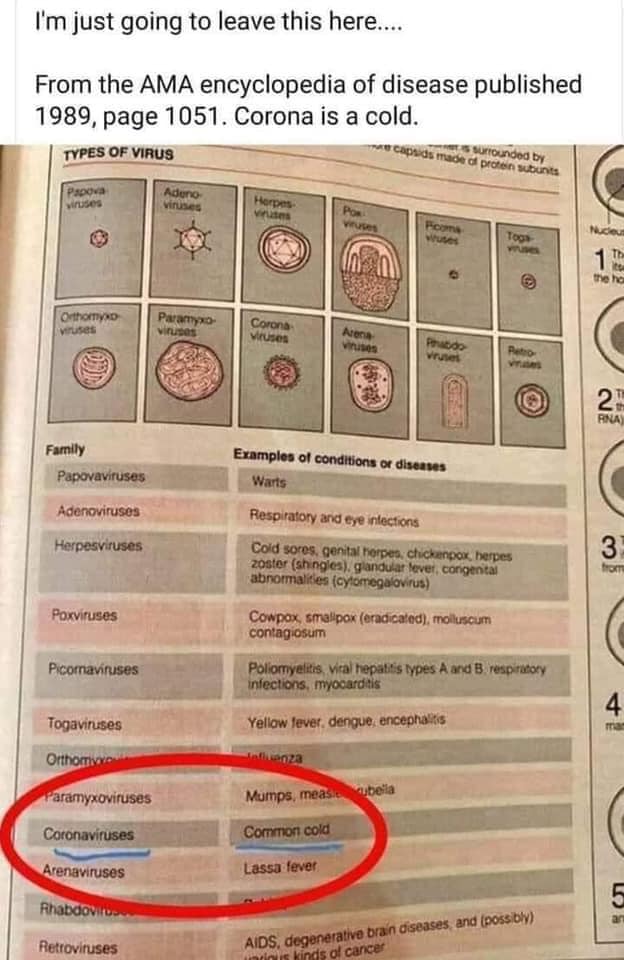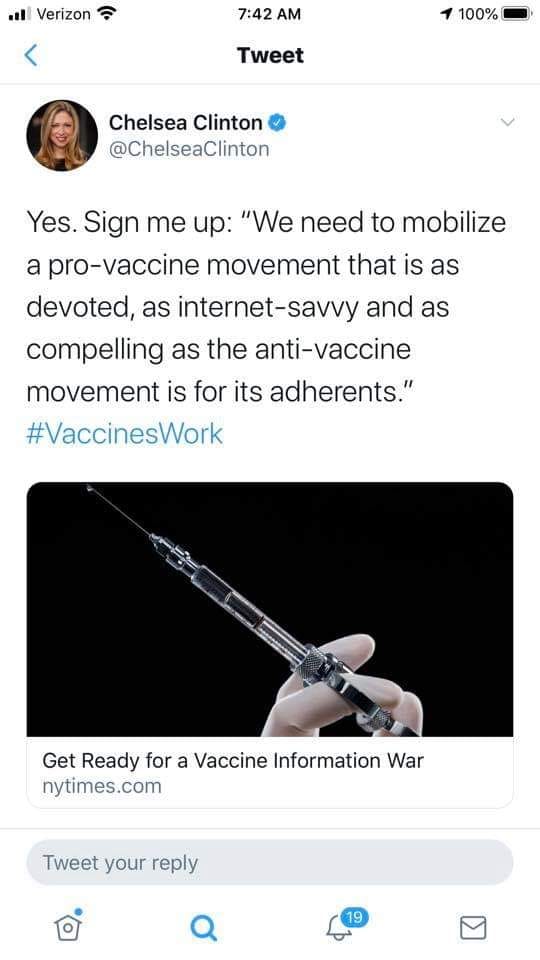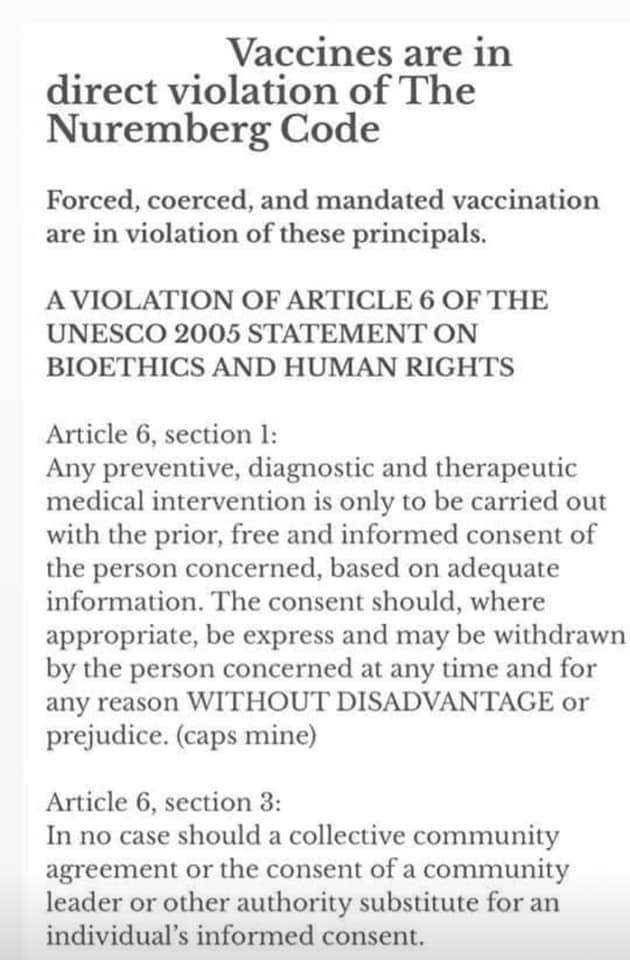GcMAF acts as a garbage collector in your body. It helps the immune function of the body.
The Emporer Has No Clothes!
Australian doctor on the FLU vaccine:
“Are GPs wasting their time with the flu vaccination program?
Professor Chris Del Mar — GP, Cochrane reviewer and one of Australia’s best known public health academics — believes Australia’s flu vaccination program, a key component of GP care, is ineffectual and a waste of GPs’ time.
In this edited extract from a speech delivered to the GPDU conference on the Gold Coast last week, he explains his reasoning.
I was actually asked to give a rant, so I’ve been working up some froth in my mouth.
But it’s also an opportunity for me to put up this idea: that public health is overselling the influenza vaccine.
We as GPs are at the front line tasked with promoting the vaccine to our patients. I want to discuss some data that makes me question this approach.
Influenza is a threat, and we should worry about it. A hundred years ago, roughly 50 million people died worldwide from this virus. It was the first modern pandemic.
I am not antivax in general, but the influenza vaccine has got intrinsic disadvantages compared to other vaccines: it is needed every year; it’s not a life-long vaccine as with most other viruses because of the way the virus itself changes, because it changes its protein structure every year – we have to guess what the next seasonal virus will look like to produce each year’s vaccine.
That is obviously going to be hopeless for a pandemic, which by definition is a virus that changed so much we’ve got no immunological defence to it. When we’ll need the vaccine most, it’s going to be least effective.
But more than that, the influenza vaccine simply is not very effective.
Data from a recently updated trio of Cochrane reviews (references provided below) shows the effect of influenza vaccine in randomised trials.
It reduced the risk ratio of getting influenza confirmed by the laboratory quite optimistically, down to 0.4.
That means less than half the number of people vaccinated ended up getting laboratory-confirmed influenza.
But if you look at the difference in absolute rate differences, you see that 23 cases per thousand gets reduced by nine cases per thousand.
That’s around a 1% difference. This is because true influenza is actually quite rare a disease for us individually, roughly once every decade.
Influenza is swamped by “influenza-like” illness.
Beyond that, the vaccine’s efficacy has not been tested well enough for serious effects – like hospitalisations, and pneumonia. There are too few randomised controlled trials with this outcome. People keep relying on observational studies, and increasingly, on surrogate outcomes.
For us as GPs who care for people with influenza-like illness, the flu, there is a very, very small difference in terms of the protection offered from the influenza vaccine.
You then have to think about the real interest in the flu vaccine from a public health perspective.
It is not simply whether or not people get the flu; it’s whether they get really sick from it.
And if you look at the Cochrane data for time off work and school there is no statistical difference in all the trials that have been done.
For hospital admission, there is a tiny difference – and it is not significant.
So it can’t be demonstrated from randomised trials that you keep people out of hospitals by vaccinating. Similarly for other serious consequences such as pneumonia – which is what killed so many people 100 years ago – you don’t see any difference there either.
And death as an outcome? Ditto. You can’t show any difference.
On the other side of the coin, that is the harms from the vaccine; well, it can give you a fever. In children, we’ve estimated informally, with an infectious diseases colleague of mine, Professor Peter Collignon, that about one in 100 children who are vaccinated probably have a febrile convulsion by extrapolating the data, as well as other more mild adverse effects as well.
There have even been the occasional deaths following the influenza vaccine, most particularly in children – one in WA and one in Queensland.
So there is some definite adverse effect from using the vaccine.
But mostly the problem with influenza vaccination is the huge amount of effort involved.
Our practice spends a lot of time sending out reminders, queuing people up, getting the vaccines ready, figuring out who’s eligible and who has to pay.
It’s quite a lot of churn to get people vaccinated.
There’s other issues as well.
Based on purely observational data, the best protection from serious illness, particularly in a pandemic situation, may be having had wild flu before.
That could explain why in the two little pandemics we have had recently – Swine flu and Bird flu – the people who we thought were going to get creamed by this, such as the elderly in nursing homes, were actually fine.
Similarly, it also looks as if the efficacy of the vaccine wears off in just a few months, from other observational data.
Instead, unexpectedly odd groups in society were affected – people who were obese, women who were pregnant, people with asthma.
The next question is, well if we’re not going to promote the flu vaccine, is there anything else we should do instead?
Neuraminidase Inhibitors?
We know it may or may not help individuals with symptoms, but from a public health response, they were hopeless.
So what about hygiene and handwashing?
There’s very good data to show at reducing acute respiratory infections by washing your hands and wearing a mask. Maybe we should be promoting much more of that.
I feel obliged to explain to my patients the controversy around influenza vaccines and let them know that I haven’t had it myself, thus saving myself 20 bucks.
What’s going to change this?
I think it’s people like us GPs who are likely to challenge [the attitudes towards the vaccine]. It’s not the people who do the systematic reviews. If we GPs say, ‘it looks to us that the emperor’s got no clothes on’, then maybe people will take this issue more seriously.”
Coronavirus Family According to AMA

What if we’ve all been primed?

Tom Nikkola asks some relevant questions here:
Pro-Vax Proponents Publishing Help

This is GREAT news! More uneducated people will be exposed to the fact that there is another side to the story! Those who are capable of looking will see reason and truth and we will have many more evangelists for truth and health! Woo Hoo!
According to an immunology doctor
Coronavirus Is Manufactured!
It Is NOT Dangerous to the Majority!
It Is Preventable With Vitamins.
It Is Curable With Hydroxychloroquine!
The Lockdowns And Social Distancing Are Unnecessary!
(Video link no longer valid.)
Dr. Dolores Cahill on Immunology, Antibodies, CVD19 – Interviewed by Computing Forever’s Dave Cullen

This immunologists states categorically that lockdowns are an unnecessary mismanagement.
(Video link later found invalid.)
Some medical humour… …and some yardsticks by which to measure your practitioner.
The physician, who, having just forbidden his cardiac patient indulgence in tobacco, alcohol and amorous intimacies, was asked by the victim, “Tell me, doctor, if I give these things up, will I live longer?” to which his physician replied with charm and candor, “No, but it’ll seem longer.” – Bernard Meyer
Medical science is making such remarkable progress that soon none of us will be well. — Aldous Huxley
The art of medicine consists of amusing the patient while nature cures the disease. – Voltaire
True professionals provide considered advice. And sometimes doing nothing is exactly the right thing to do. The same is true of medicine. Recognize that the doctor who advises no action may be the one who really cares for you. – Dr. Gilbert H. Welch
It may seem a strange principle to enunciate as the very first requirement in a hospital that it should do the sick no harm. – Florence Nightingale
Do as much as possible for the patient, and as little as possible to the patient. – Dr Bernard Lown
It all starts by caring enough to engage the patient in the decision-making. Many people argue that ‘We don’t have time for this in the consultation. I’d rather just tell people what I think is best for them and then they can decide whether they want it or not.
Well, that’s not very caring. This might be efficient, but it does not reflect the best that we can offer. – Dr. Victor Montori, on shared decision-making
I will follow that system of regimen which, according to my ability and judgment, I consider for the benefit of my patients, and abstain from whatever is deleterious and mischievous. – Hippocrates
The Best Medicine
A physician once said,” The best medicine for humans is love.” Someone asked, “What if it doesn’t work?” He smiled and said, “Increase the dose.”
Informed Consent

The Nazis killed a lot of people by forcing medical procedures without consent. I’d rather that not happen again.
